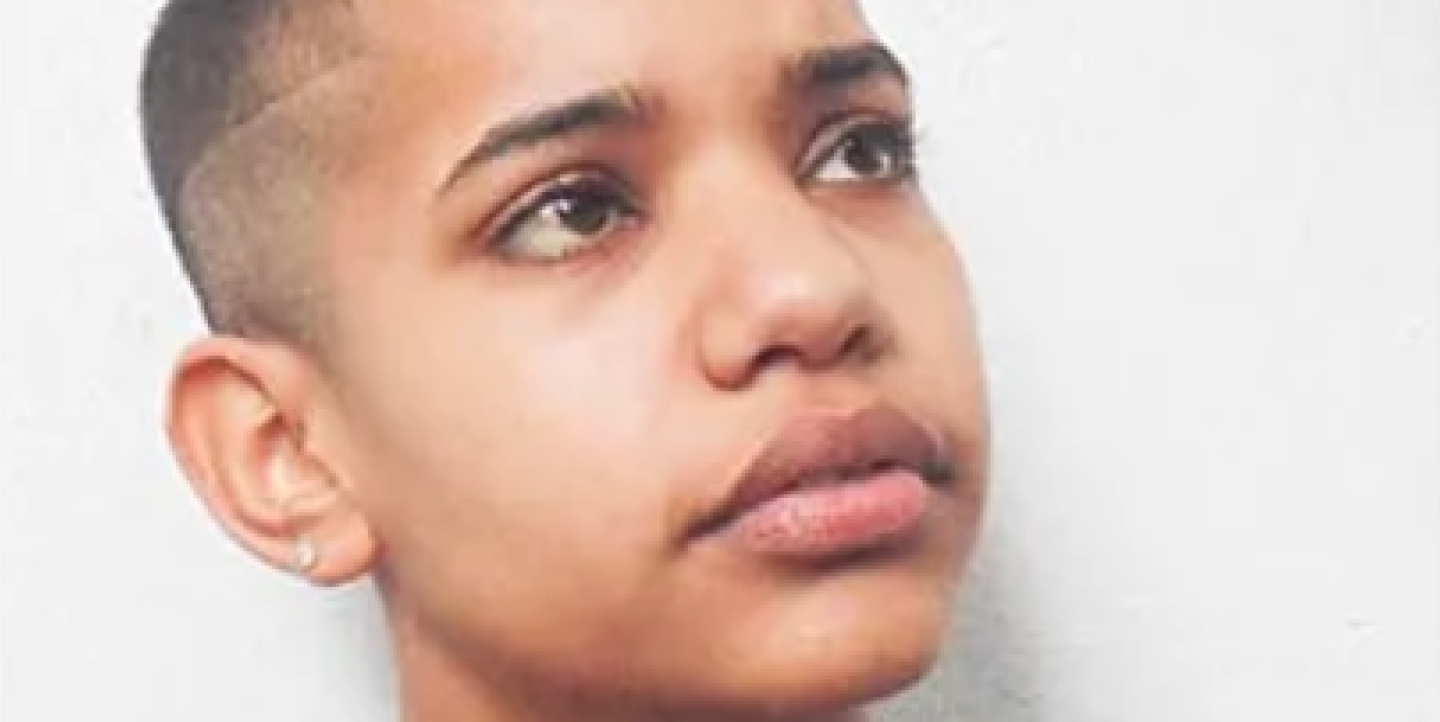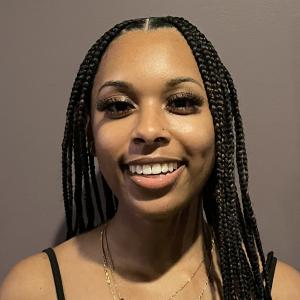A storyteller at heart, South African multimedia journalist Nazlee Arbee first discovered a passion for journalism while attending the University of Cape Town.
There, they were a student activist involved in the Rhodes Must Fall protests, successfully advocating for the removal of a statue of British colonialist Cecil Rhodes from campus, as well as the #FeesMustFall movement, which became the largest student protests in post-Apartheid South Africa.
After graduation, Arbee started working as a freelance journalist, writing for a variety of publications such as Medium, Mamba and IJNet. Arbee’s writing for IJNet addresses safety measures and tips to accurately represent marginalized voices, Black communities and the LGBTQ+ community, among others, in news coverage.
Today, Arbee said they are using their intersectionality to fight for better representation in the media of people of color and LGBTQ+ voices. Being well-versed in photography, music and poetry in addition to writing, Arbee knows what it takes to reach a diverse audience, and they aim to appropriately portray those misrepresented in the media in any way they can.
I spoke to Arbee about what it's like to be a journalist in South Africa, the importance of ethically reporting on marginalized groups, and how journalism can improve its coverage of LGBTQ+ communities.
How did you get involved in activism?
As a student activist, I was in a campus that was very colonial and had a lot of celebrations of colonial history, including having statues of people who colonized our ancestors. It was something that a lot of students felt but didn't take action on, until we saw one student taking action and everybody followed the lead. There were a lot of academics involved as well to educate us and read a lot about other [examples of] activism.
Beyond the actual statues and the celebration of colonial history, there was just a lot of classism and a lot of racism [at the university]. And the wealth divide on campus was quite extreme. I think it came from being from a background where I was never in a private institution before, and then I stepped on campus: I was quite astounded at how a lot of the disparities were normalized.
What is it like being a journalist in Cape Town, South Africa?
I feel like people across the [media] industry [...] in South Africa are just not paid well. So it's a complicated situation. I'm currently writing a piece for IJNet about mental health and journalism, and I think that South African journalists face unique types of trauma. We have one of the highest gender-based violence rates in the world.
As a journalist, you're exposed to issues of extreme violence or extreme poverty. It can be really liberating to be able to speak out against the issues and provide information. But at the same time, it does take a toll on journalists working in the field.
What drew you to cover marginalized communities, and what are your recommendations for other journalists to ethically and accurately represent these communities?
I'm at the intersection of so many things, so intersectionality, studying intersectionality as a student, being a student activist, [and] not having my story told [were reasons why]. Wanting different representation in the media, not seeing [other] journalists of color, was really something that encouraged me to say something in [journalism].
I would say where possible, give people a chance to have the platform. A lot of times we feel like we need to be the voice of the voiceless. But I don't really believe in any community being voiceless. Sometimes those communities just don't have access to tell their own stories.
Where it is possible, give people the ability to speak for themselves, and where it is necessary for us to write about someone who isn't ourselves then really rely on [your] sources' perception of themselves. Ask them how they like to be represented. Ask them if that feels like it's a good representation for them.
June is Pride Month in the U.S. How has coverage of LGBTQ+ issues improved, and where does it still need to improve?
I think there are some improvements. Surprisingly, when I look back into historical archives, sometimes I think we're the best generation that's existed as far as representation. But I look back in history and I [see that] LGBT people have been in the media, we've been documented and we've really been present throughout history. I wouldn't be completely negative and say that there's no work being done, because there's an incredible amount of people that have pushed forward and made more room for representation.
My main issue with Pride Month is not just publications [but also] corporations and businesses. There's just a very large amount of tokenization. And I think if people allow [LGBTQ+ representation] to expand even beyond Pride Month, that is what's necessary.
Also, when we're not in danger, we don't need hot news stories where there's a trans person who passed away, that all of a sudden we give a platform [because of] that. It doesn't always need to be that type of focus. Just allow people to be normalized as a diverse population and give a platform to people from various different intersections all year around.
How has IJNet helped your career?
I've loved the platform for the opportunities that it provides. As somebody who's based in the Global South and South Africa specifically, it's helped me to not be isolated to the publications that want our stories [only in South Africa], and has allowed me to reach global opportunities and platforms.
As far as writing with [IJNet] goes, it's been a community of editors who always have asked me if their edits are okay. They're not going to just edit something that I wrote about race or gender or sexuality from a place where they are right and I'm wrong. I never felt that my narrative is being drowned out or that I had no ability to say how I really feel about the edits.
Photo courtesy of Nazlee Arbee.


